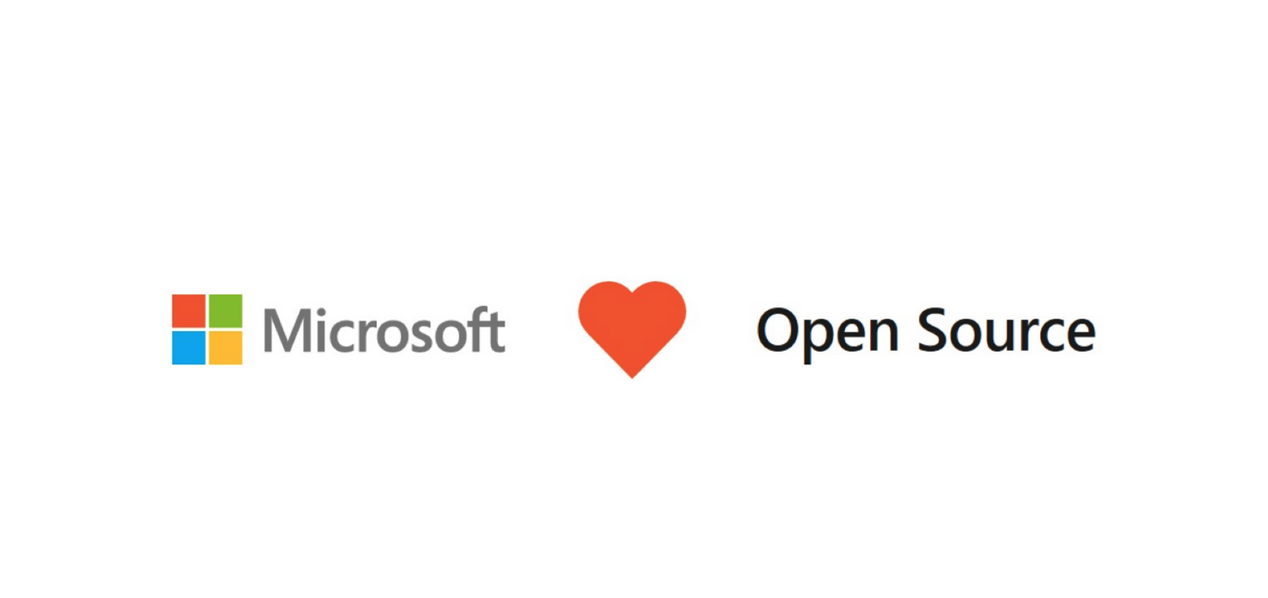By Stijn Nijhuis, CEO, Voiceworks
What’s happening in the telecom industry? The recent statement of Microsoft, during an Enterprise Connect panel on UC federation caused a big buzz in our industry. Albert Kooiman, senior product marketing manager for Lync at Microsoft said that SIP (Session Initiation Protocol), a protocol that among others is used for Voice over IP (VoIP), will die. Some are in favor of this statement and some disagree, like us.
Viewpoint Microsoft
Gina Narcisi wrote on TechTarget the following about the statement of Microsoft: Kooiman said most users don’t realize the “world is moving on” from UC federation. “While federation is very important, it’s going to be very dependent on the modernization of communication networks. I actually dare to say that SIP is dead.” Microsoft argues that UC federation has historically allowed interoperability between disparate vendor instant messaging (IM) and presence platforms. But another important piece of UC federation is enabling real-time communications, such as audio and video functionality, to work together. While many of the major UC players, such as Cisco and Microsoft, are using open standards like SIP and Extensible Messaging and Presence Protocol (XMPP), full interoperability with a competing vendor’s collaboration solution is unlikely. Some providers deliver interoperability with the major vendors, often using SIP, but these integrations are still limited. “UC federation is no longer about interoperability between UC vendor platforms, but the integration with platforms like Facebook and Google +”, Kooiman said. “Google used to support platforms like us with XMPP, but now they know there is going to be a new era of networks in which enterprises choose one group of providers and stay within that walled garden.”Viewpoint Voiceworks and Open-Xchange
On this topic, Open-Xchange and Voiceworks fundamentally differ with Microsoft’s opinion and where the future of unified communications will be. By delivering services within a walled garden, end-customers and resellers limit their choice to pick the ‘right’ software for the ‘right’ challenge and therefore limit overall innovation and acceptance of new services. And since they don’t have the freedom to make their own choices, people are stuck being forced to play into the business benefits of the wall garden vendor. This is not beneficial to end-customers; some even see it as patronizing. This is one of the reasons why Voiceworks has been delivering SMB VoIP services since 2005 using open standards such as SIP. All our VoIP services can be used in combination with more than 150 types of 3rd party PBX brands and types, which has largely contributed to our exponential growth within The Netherlands. We firmly believe in the benefits of an open platform and a hybrid ecosystem.
With open standards, one can easily make adjustments and improvements, without having to reinvent the wheel by being able to leverage existing components adopting the same open standards, which results in higher quality products. A hybrid ecosystem is a solid solution for companies with a working telephony exchange, which still doesn’t need to be replaced. Moreover, another benefit of a hybrid ecosystem is the ability to use specialized tools for specialized tasks, without losing the benefits of tight integration using open standards.
Open-Xchange newest product, OX Messenger, built on the WebRTC framework from Voiceworks, is a good example of a UC solution built on open standards. Using standards such as SIP, XMPP and WebRTC, OX Messenger works in most browsers without requiring any plugins. Additionally, because of the use of SIP, OX Messenger can integrate with existing PBX and UC systems in the customers premise, allowing the customer to pick up and answer regular PBX voice and video calls straight from OX App Suite.
By providing interconnects to third party PBX-platforms, Voiceworks has managed to offer clients and resellers a range of choice and above all – the ability to add innovative new services on top of their existing offerings, without the need to replace an entire communications ecosystem.
It’s good to remember, it was just last year that the market saw the 1 billionth browser/device use the WebRTC standard. And with Microsoft voicing such opinions above last week, and Apple not having WebRTC Safari support until 2015: a healthy debate will continue around the voice integration standard that ultimately end-users will adopt. But with the second billion users accelerating the usage of mobility, videoconferencing, collaboration, presence, unifed calendaring…etc., real-time communications, VoIP and SIP do play a key role. For one vendor to deliver the best solution on all fronts is almost impossible, thus walled gardens won’t hold and openness and partnerships are critical.
What standard do you see deciding the future standard of communications and why?




-png-2.png)
